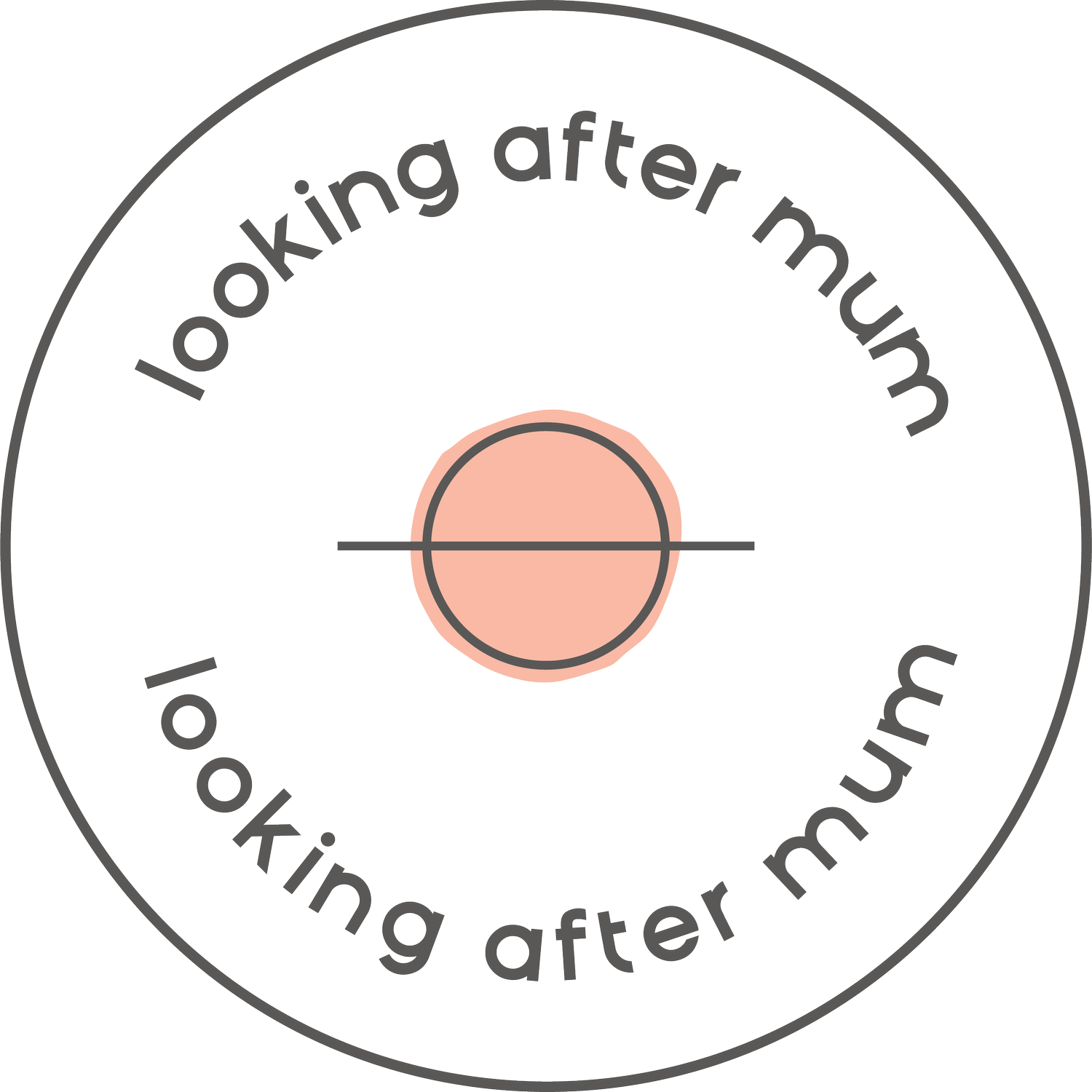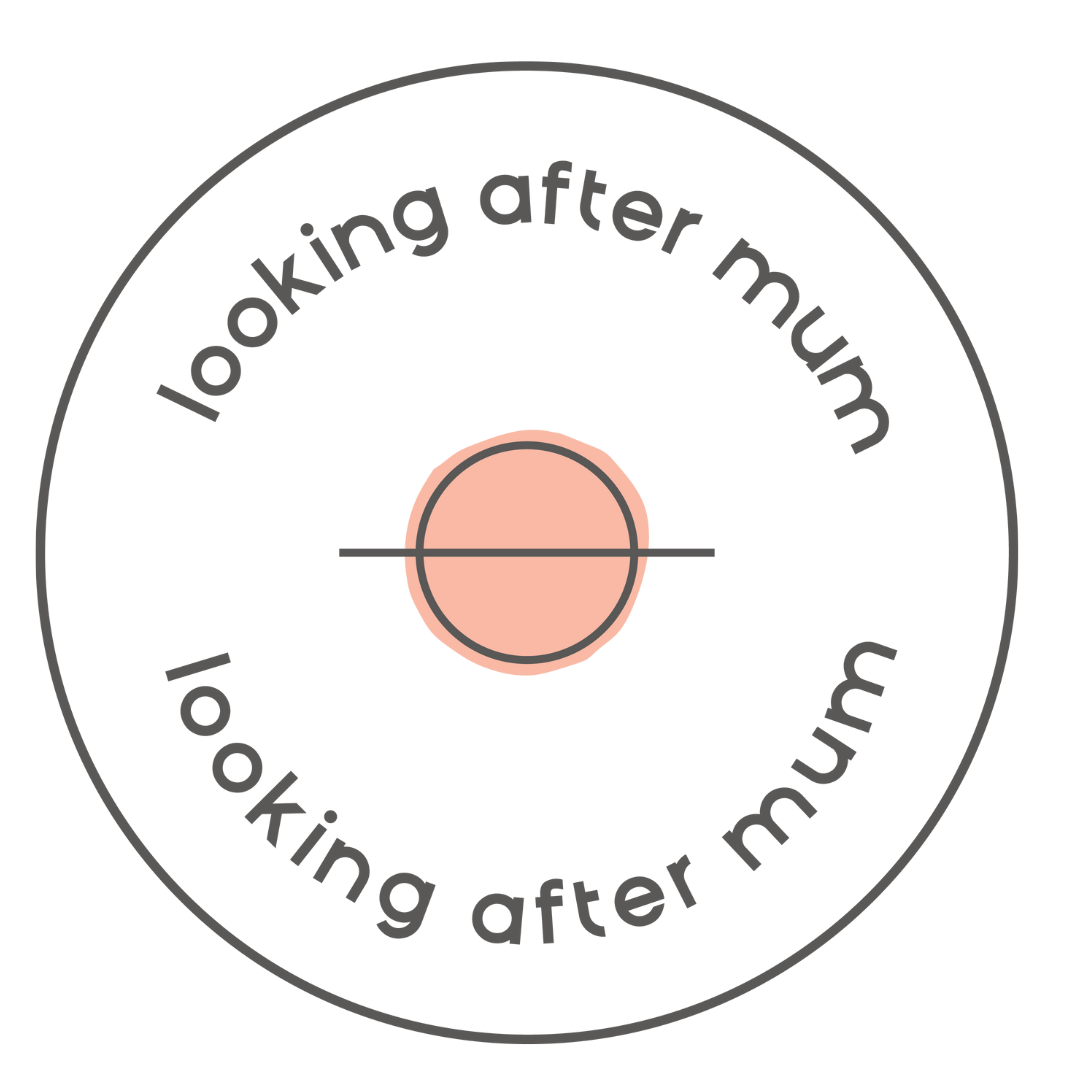How to Deal with Postpartum Rage
By Sophie Harris - Pregnancy & Postpartum Psychotherapist
Experiencing feelings of anger, frustration and irritability after having your baby is very common, yet often not talked about - you may not even have heard the term ‘postpartum rage’ before, or maybe you’ve not felt able to put words to the feelings that you’re having.
I have a theory on the different aspects which cause postpartum rage and believe there are two main contributing areas - the nervous system in your body and the changes in our lifestyle that we experience after having a baby. Understanding this will help you learn how to deal with postpartum rage.
Let's start with your bodi’s response to anger -
When you have a baby, your body goes through a lot of stress and often trauma as you bring your new baby into the world. In the postpartum phase, you are likely still processing what has gone on in your body during pregnancy and labour, as well as into motherhood.
Your nervous systems may be less regulated than usual, and as such, we may experience more stress than we would normally. Add to this a baby who is crying and/or demanding for their needs to be met and possibly not sleeping well, and it’s understandable that it would have an effect on your mood.
Even in moments of calm when you and your baby may look content and joyous, there is still a certain amount of your own energy that you are using to regulate your baby - picking up on their cues and ensuring that their needs are met; that they are fed and changed at the right time etc.
Usually, you are doing this on really limited sleep - you can often underestimate how much energy you use as mothers in just getting by, day-to-day.
This expenditure of energy often means that you can become overstimulated and overwhelmed by loud noises, difficult conversations with your partner, and may feel more emotional than usual. This is totally normal and can result in physical symptoms of anxiety or in anger, frustration or irritability.
Next, let’s consider the impact that the change in lifestyle may have -
As you become a Mother - particularly for the first time - there's such a steep change in your life. You are suddenly processing so much more than before, your relationship may be under a new strain and you may be adjusting to life on maternity leave, losing a lot of your social interactions with friends and colleagues. Even when you love motherhood there is still a lot going on.
A helpful way of looking at this is to imagine an iceberg.
We have primary and secondary emotions and usually we will find that anger is the emotion that we see first - it’s the part of the iceberg above the water.
Then you have all the other emotions going on under the surface. These could be loneliness, resentment, jealousy and even sadness. Try to notice when you are experiencing anger and consider which emotions may be going on under the water.
What will help?
To help you deal with postpartum rage, I’d like to share five evidence-based tips for navigating this (often challenging) time, which will hopefully lead you to feel much more calm and content.
5 tips to help you deal with postpartum rage
Take breaks from your baby
My first tip for managing postpartum anger or rage is to take regular breaks away from your baby. There are some people who genuinely don't want to be away from their babies at all and that's fine, but there's lots of people who would really benefit from a bit of time away. That could be 20 minutes to an hour a day, or just a bit of time each week, but just having that time to re-regulate and calm your nervous system is crucial.
It may not always be possible to get out of the house, so try putting in headphones, listening to some music or doing something that helps you avoid listening to someone else caring for your baby because that is not truly relaxing. It can often be quite hard to let go of control and allow someone else to take the reins if they are not doing it the way you’d do.
Being able to let go is a really helpful muscle to build for regulating your own nervous system, managing anger and to help your baby build a relationship with someone else.
Don’t get caught in the resentment trap
It’s very easy to feel resentful towards our partners in the postpartum phase, which can certainly lead to postpartum anger. Try not to get caught in the resentment trap! So often as Mums we're doing so much all the time and can feel that we're not getting enough help and there are two main parts of this -
Ask for help -
It sounds simple, but ask your partner to do things. We may get caught in the people-pleasing trap or think we should be doing everything, just because we are on maternity leave. Society undervalues the role of a Mother and we may feel that it’s down to us to do everything - it’s NOT!
The more you do and the less that other people do, the more probable it is that resentment will build, further contributing towards postpartum anger.
Learn to let go -
Often with a newborn baby, you may know how to do things as you have had more time on your own with the baby to get to grips with things. However, it’s really important to let go, and let your partner learn how to care for the baby in their own way and to bond with them on their own terms.
Regulate your nervous system
My third tip on managing postpartum anger is to find ways to regulate your nervous system. When we are feeling angry or frustrated, there is usually a build up of tension leading us to feel a particular way. Consider these strategies to help you manage these physical experiences:
Breathing -
A simple breathing technique I would suggest is breathing in through your nose and then out through your mouth, making your inhalations shorter than the exhalations. For example, counting to 7 as you breathe in, and to 11 as you breathe out. This helps oxygen to circulate the body and gives us time to respond before becoming really frustrated.
Make your space calm -
Create an environment that is not overstimulating, where you can retreat to in moments of overwhelm. Even if it’s just one room where you can learn to relax without loud noise or TV, and where you have soft colours and lighting.
Nature, food and exercise -
Spending time outside is really important and being in nature can be really helpful for regulating our nervous system. The food that we eat is also really important, as is ensuring that we get regular exercise. We may also like to treat ourselves to a massage to bring us back to our bodies and calm some of the physical tension.
Use an ‘emotional thermometer’
Using what I call an ‘emotional thermometer’ can also be really helpful in managing postpartum rage. This means learning to regulate yourself and noticing any early warning signs of anger or frustration, because usually we'll experience it before we notice it.
I like to use a scale of 1 to 10 - 1 being as calm as possible and 10 being intensely angry, frustrated or anxious. It’s helpful to check in with yourself throughout the day and recognise the physical feelings that correlate with the number on the scale.
For example, when you’re trying to do a task with your baby and they’re not complying, recognising that you may begin to feel your heart beating quicker and start to feel a bit frustrated. Think about what you can do in the moment to calm yourself down, such as taking some deep breaths, just pausing what you’re doing for a moment and remembering that it’s not that important, taking a moment to sit down or whatever it is that will help you in that moment.
It is helpful to identify your early warning signs because then it's a lot easier to bring yourself back, when you haven't reached that 10 point on the scale!
Heal your unresolved traumas
My last tip for dealing with postpartum rage is to heal your unresolved traumas.
So much of our anger and frustration comes from things that have happened to us in the past and there is nothing that digs up our old traumas like becoming a Mum, so I would recommend getting in touch with those parts of you that you are yet to resolve.
Learning to work through old traumas can help us avoid making the same mistakes our parents made. Therapy can be a really great place to start doing the work.
I hope these tips on how to deal with postpartum rage can help you feel less frustrated in your motherhood journey but please remember that it is completely normal to feel irritable and angry at times.
If you’d like to hear more about how I can support you in the postpartum phase, read more about the what I offer here or feel free to contact me.
How to deal with postpartum rage
Watch this article in video format.
Hi, i’m Sophie
I am a therapist and mother. I love helping new mums overcome anxiety and low mood to feel confident and content.
If you are looking for postpartum support for you or a loved one, then use the links below to find out more about the services that could help you.







